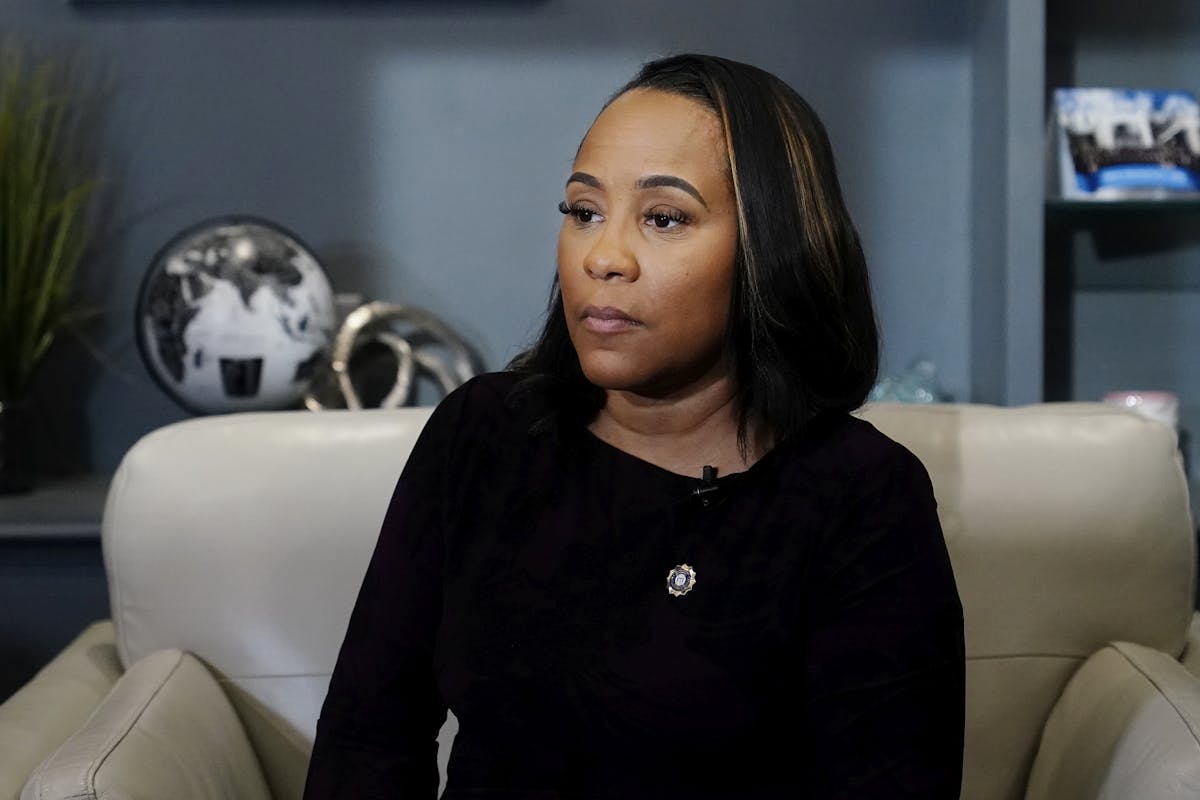Judge Allows ‘Immediate’ Review of Fani Willis Disqualification, Agrees With Trump That Ruling Is of Great ‘Importance’
The baton is passed to the Georgia Court of Appeals, which will decide whether to review the district attorney’s fate on the case.

The decision by Judge Scott McAfee to grant President Trump a certificate of immediate review means that the fate of District Attorney Fani Willis atop his prosecution is far from settled.
Please check your email.
A verification code has been sent to
Didn't get a code? Click to resend.
To continue reading, please select:
Enter your email to read for FREE
Get 1 FREE article
Join the Sun for a PENNY A DAY
$0.01/day for 60 days
Cancel anytime
100% ad free experience
Unlimited article and commenting access
Full annual dues ($120) billed after 60 days

